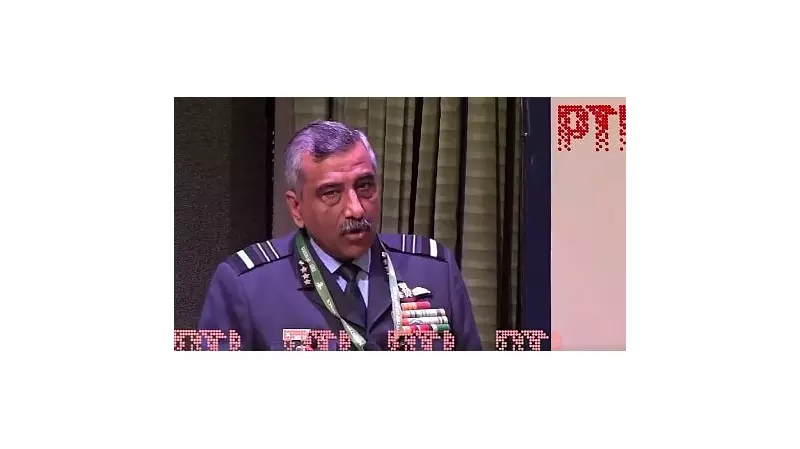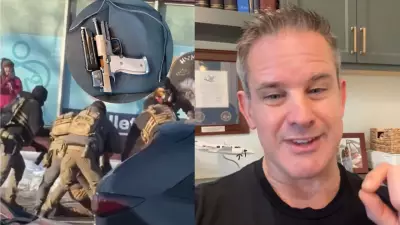
United Nations peacekeeping operations are confronting challenges of unprecedented complexity in today's conflict zones, according to a senior Indian Army commander. The changing nature of warfare demands urgent adaptation from global peacekeeping forces.
The New Battlefield Reality
Modern conflicts present multidimensional threats that traditional peacekeeping methods struggle to address. From asymmetric warfare to hybrid threats, peacekeepers now operate in environments where conventional rules of engagement often don't apply.
India's Stakes in Global Peace
As one of the largest contributors to UN peacekeeping missions, India brings substantial experience to the discussion. The country has consistently been at the forefront of international peace efforts, with Indian peacekeepers serving in some of the world's most volatile regions.
Adapting to Contemporary Threats
The complexity extends beyond military concerns to encompass political, social, and humanitarian dimensions. Peacekeeping missions must now navigate intricate local power dynamics while protecting civilian populations and supporting fragile political processes.
The Way Forward for Peace Operations
There's growing consensus that UN peacekeeping requires significant reform to remain effective. This includes better training, improved equipment, clearer mandates, and stronger international support for missions operating in increasingly dangerous environments.
The warning from Indian military leadership underscores the critical need for the international community to rethink its approach to conflict resolution and peacekeeping in the 21st century.





